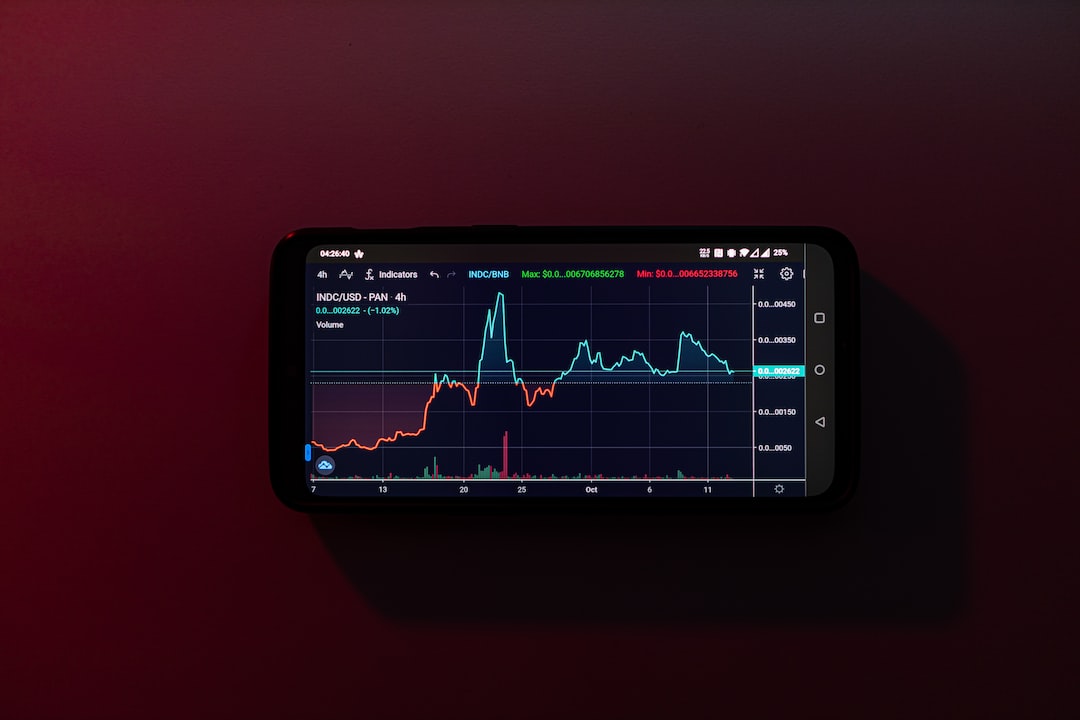US Department of Justice Challenges Sam Bankman-Fried’s Argument
The trial for Sam Bankman-Fried, the founder of FTX, is underway, and the US Department of Justice (DoJ) has responded to a claim made by Bankman-Fried’s legal team. The defense argued that he is not guilty because there is a lack of crypto regulation in the United States. However, the DoJ filed a court document stating that this argument might confuse the jury.
The DoJ firmly believes that there are existing regulations in place to prevent the misappropriation of customers’ assets. Bankman-Fried is accused of using customers’ funds to support his hedge fund, Alameda Research. The government lawyers emphasize that cryptocurrency exchanges are prohibited from using customer deposits for their own purposes.
Frequent Transactions between FTX and Alameda Wallets
A report from Nansen, shared with BeInCrypto, reveals that there were frequent large transactions between FTX and Alameda wallets, despite both entities claiming to be independent. This raises suspicions about the coordination between FTX and Alameda Research.
DoJ Objects to Limiting Charges
Prior to the trial, the DoJ objected to Bankman-Fried’s request to limit charges related to misleading advertisements. The prosecution argued that it was difficult to draw a clear line between the businesses of FTX and FTX US.
The Potential Consequences
If found guilty on all charges, Sam Bankman-Fried could face a sentence of over 100 years in prison. The outcome of this trial will have significant implications for the crypto industry as it will test the boundaries of regulatory enforcement.
Hot Take: The Importance of Regulatory Compliance in Crypto
It is clear from the DoJ’s response that regulatory compliance is a crucial aspect of the crypto industry. While some may argue that the absence of specific regulations allows for more freedom, this case demonstrates that there are still legal boundaries that must be respected. The outcome of this trial will likely shape future regulations and enforcement efforts in the United States and serve as a reminder to individuals and businesses operating in the crypto space to prioritize compliance.





 By
By
 By
By
 By
By
 By
By
 By
By
 By
By